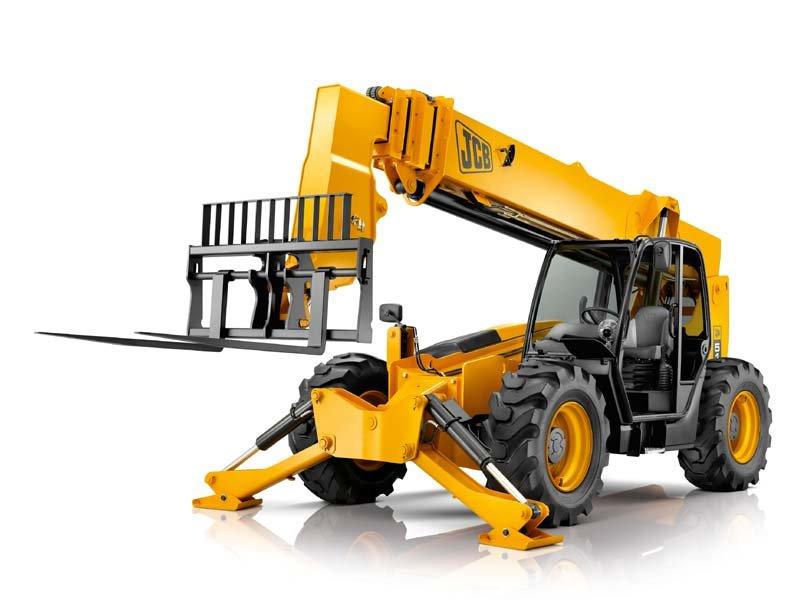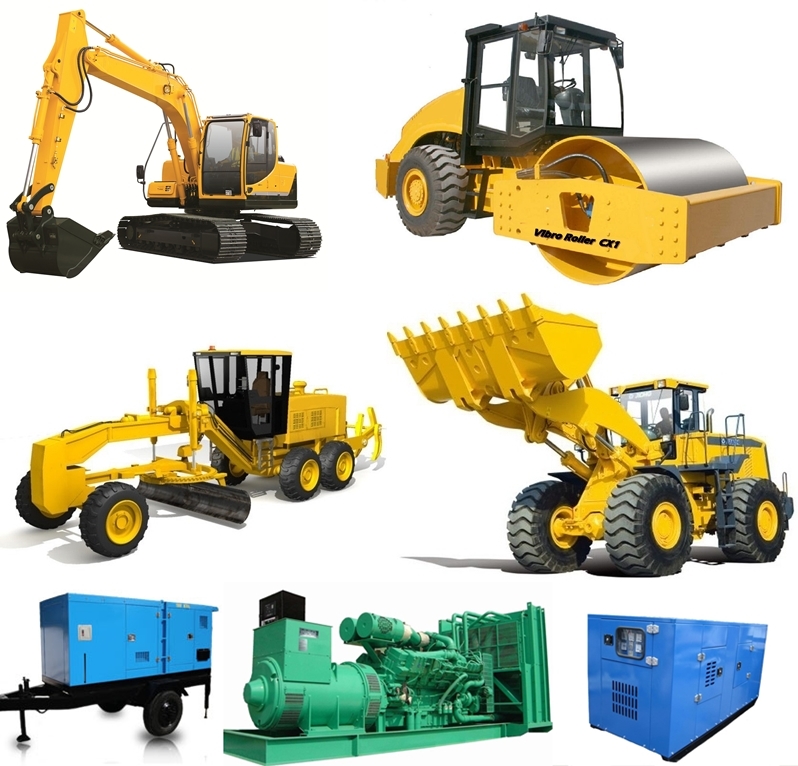Aerial Lift Rental: Versatile Training Solutions for High-Access Jobs
Aerial Lift Rental: Versatile Training Solutions for High-Access Jobs
Blog Article
Maximize Your Spending Plan by Comprehending the Costs Associated With Construction Tools Leasings
Comprehending the full scope of costs connected with building and construction tools rentals is important for maximizing your spending plan. While the first rental fee may appear simple, numerous added expenses-- such as transport, gas additional charges, and maintenance-- can quickly gather, influencing your monetary preparation. Additionally, understanding different fees and the ins and outs of rental agreements can aid prevent unexpected monetary problems. What techniques can be used to successfully take care of these prices and ensure a more reliable rental experience?
Review of Rental Expenses
When thinking about building and construction equipment rentals, recognizing the linked costs is vital for effective budgeting and task preparation. Rental costs can differ significantly based upon a number of variables, consisting of tools type, duration of service, and area. The preliminary rental fee usually mirrors the devices's market need and its linked operational capabilities, influencing the total expense.
Along with the base rental rate, secondary costs might arise, such as transportation fees, fuel additional charges, and maintenance charges. It is important to account for these added costs to properly analyze the overall price of renting out devices. Moreover, the rental period can impact prices; longer leasings may get affordable prices, while short-term leasings might incur higher everyday costs.

Break Down of Rental Prices
An extensive understanding of rental rates is crucial for specialists and task supervisors intending to enhance their budgets. Rental prices for construction devices normally include several elements, consisting of base prices, time-based fees, and use charges.
Base rates are the core charges connected with the service of the devices, usually figured out by the kind and size of the machinery. These rates can differ considerably, affected by factors such as equipment demand, availability, and local market fads. Time-based charges, which may be daily, weekly, or monthly, serve to suit different task timelines and rental periods.
Additionally, rental prices may include usage charges, which apply when tools is made use of past a defined threshold, ensuring that the rental firm can account for wear and tear. Seasonal demand variations can additionally affect rental rates, with peak building and construction seasons commonly commanding higher costs.
Moreover, comprehending the rental company's policies pertaining to maintenance and insurance policy can offer additional insight right into the overall expense structure. By evaluating these elements, contractors can make enlightened choices, making certain the selection of rental devices straightens with both project demands and spending plan constraints.
Additional Costs to Consider
Understanding the details of additional costs is click here to read critical for professionals to handle their overall service expenses effectively. Past the basic rental rates, different supplemental costs can dramatically impact the total cost of equipment service. These costs usually include delivery and pickup costs, which can vary based on distance and logistics associated with transferring the tools to and from the work site.
Furthermore, some rental companies may enforce gas surcharges if the equipment is returned with much less fuel than when rented. It is also necessary to recognize prospective cleaning fees, specifically for specific equipment that calls for complete maintenance after use.

Thoroughly examining the rental agreement and making clear these extra fees in advance can help service providers make sure and avoid unanticipated prices that site web budgets remain intact throughout the task lifecycle.
Maintenance and Repair Expenses
Normal repair and maintenance expenses are commonly neglected variables that can considerably affect the overall expense of construction devices services. When renting devices, it is critical to consider not only the rental costs but also the prospective prices associated with maintaining the equipment in optimum operating condition.
Numerous rental firms consist of basic maintenance as component of the rental arrangement; nonetheless, much more unforeseen malfunctions or considerable fixings can lead to additional costs. It's necessary to assess the rental agreement carefully to understand what maintenance services are covered and what responsibilities fall on the renter.
Furthermore, devices that is not well-kept can result in ineffectiveness at work website, potentially triggering delays and enhancing project costs. To mitigate these threats, it is advisable to perform normal examinations and keep open interaction with the rental supplier relating to any type of issues that arise throughout usage.
Insurance Coverage and Obligation Costs
Insurance and responsibility prices are important elements that can considerably impact the total cost of building equipment services (construction equipment rentals). These costs make certain that both the rental business and the customer are shielded from potential financial losses arising from crashes, damage, or theft throughout the rental duration

In addition, clients need to understand any type of deductibles or exemptions in the insurance plan, as these can affect prospective out-of-pocket expenditures. Understanding the terms and conditions of any kind of insurance coverage is crucial to stay clear of unexpected expenses. Inevitably, budgeting for insurance and obligation costs can aid ensure a smoother rental experience and secure versus economic risks associated with building tasks.
Verdict
In verdict, a thorough understanding of the expenses connected with construction tools services is vital for efficient budget monitoring. Eventually, informed decision-making regarding tools leasings adds to the general success of building undertakings.
Rental expenses can differ considerably based on several variables, including equipment kind, duration of service, and location (aerial lift rental). The rental duration can impact prices; longer rentals might certify for reduced prices, while short-term services might sustain higher everyday costs
By carrying out thorough research study and engaging with trustworthy rental business, service providers can efficiently browse the complexities of rental prices, inevitably maximizing their construction sweeper monetary sources.
Beyond the common rental rates, various auxiliary charges can substantially influence the total expense of tools rental. Rental companies commonly provide obligation insurance coverage that covers injuries to 3rd parties or damage to building, while equipment damage insurance coverage can cover the price of fixings or replacement if the leased devices is harmed.
Report this page